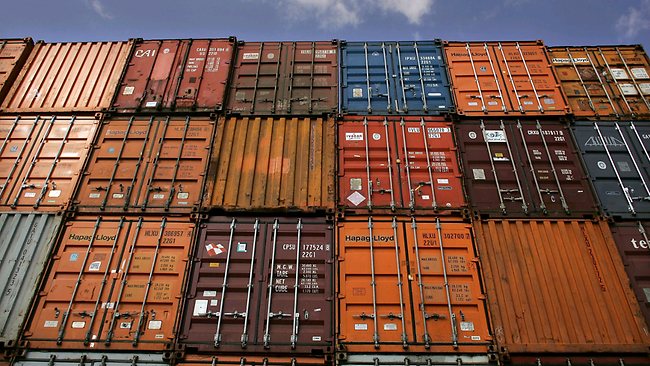Egypt’s Global Competitiveness Index (GCI) ranking improved compared to last year to come in at 116 of the 140 countries included in the index’s 2015-2016 report.
In previous GCI rankings, Egypt came in at: 119 out of 144 countries in the 2014-2015 report; 118 out of 148 countries in the 2013-2014 report; and 107 out of 144 countries in the 2012-2013 report.
The latest report added that this is Egypt’s first improvement in ranking since the Arab Spring, and “reflects a more positive assessment of the country’s institutions (87th), in particular higher levels of physical security (up by seven places although still, at 133rd, an important hindrance to economic growth)”.
The index added that the Egyptian judiciary’s role in settling business disputes has become more efficient (up by 23 places), accompanied by better protection of property rights (which improved 7 places)
Egypt has made slight improvements in all pillars of basic requirements, rising 13 places over last year to 87 in the institution pillar. It also ranked 91st in infrastructure up from 100, 137th in its macroeconomic environment up from 141, and rose from 97th to 96th in health and primary education.
“The upward movement reflects recent reforms, including a reduction of energy subsidies, tax reforms, and a strengthened business environment, as well as greater political stability after years of turmoil,” the GCI stated.
Regarding the efficiency enhancers category, Egypt ranked: 111th in higher education and training; 115th for goods market efficiency; 137th for labour market efficiency; 119th in financial market development; 98th in technological readiness; and 24th in terms of market size.
According to the report, continued reforms are needed to create favourable conditions for private sector growth, which it said will be crucial for job creation and, in turn, social cohesion. These include more openness to trade and investment, including a reduction in tariff duties, and a more favourable environment for foreign direct investment (FDI).
Continued efforts to strengthen the financial markets, in which Egypt ranked 119th, and investment in skills and education, in which Egypt ranked 111th, will further support private-sector growth, the GCI said.
As for Middle East and North Africa (MENA) countries, Qatar topped the list, ranking 14th, followed by the UAE, overcoming risks of low energy prices in neighbouring countries, in 17th position.
In North Africa, Morocco ranked highest at 72nd, with Jordan leading the list of Levantine countries to rank 64th.
The report recommended that MENA countries focus on reforming the business environment and strengthening the private sector, to overcome the geopolitical conflict and “terrorism threat”.
The report highlighted the world’s inability to improve living standards, address unemployment and build resilience to counter future economic downturns, attributing “a failure to embrace long-term structural reforms that boost productivity and free up entrepreneurial talent”.
Switzerland topped the global ranking for the seventh consecutive year with a “strong” performance across the 12 pillars, followed by Singapore that maintained second place. The US comes in third, followed by Germany that improved one place to settle in the fourth place, while the Netherlands returned to the fifth place. Japan and Hong Kong occupied the sixth and the seventh places, respectively, while Finland returned to the eight place, its lowest position ever, followed by Sweden in ninth, and the UK in tenth position.
Klaus Schwab, founder and executive chairman of the World Economic Forum was quoted in the report: “The fourth industrial revolution is facilitating the rise of completely new industries and economic models and the rapid decline of others. To remain competitive in this new economic landscape will require greater emphasis than ever before on key drivers of productivity, such as talent and innovation.”
Seven years after the start of the financial crisis, its consequences are still being felt across the world, the report concluded. “The recovery has been less robust, more uncertain, and taken longer than many expected, suggesting a ‘new normal’ of low economic growth, low productivity, and high unemployment,” it said.
Recent shocks, from the crisis in the Ukraine to conflicts in the Middle East, terrorism, and the migrant crisis, have added to economic woes, the annual report said.
The GCI was introduced by the World Economic Forum in 2004, defining competitiveness through scoring each country based on 12 pillars. These pillars cover: institutions; infrastructure; macroeconomic environment; health and primary education; higher education and training; good market efficiency; labour market efficiency; financial market development; technological readiness; market size; business sophistication; and innovation.




